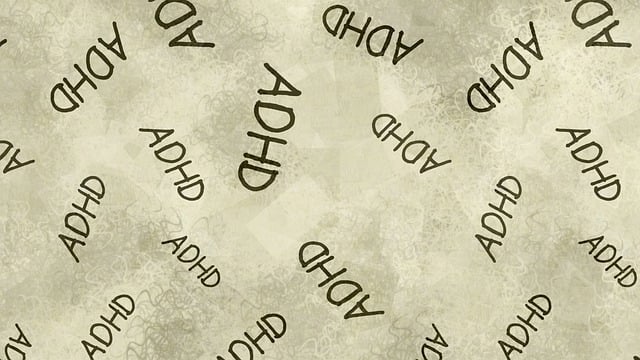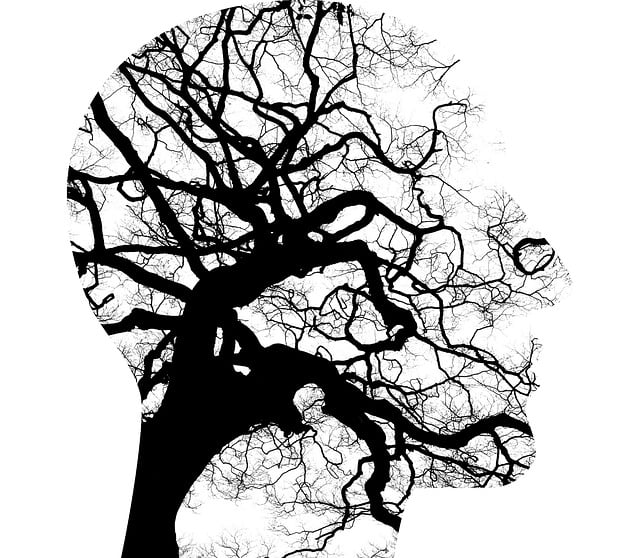Crisis Intervention Teams (CITs) in Arvada provide vital, multidisciplinary support for acute mental health crises using evidence-based practices like Compassion Cultivation and risk management planning. Arvada ADD-ADHD evaluations empower individuals to proactively manage crises by identifying triggers and coping mechanisms. Effective crisis intervention training equips professionals with CBT, active listening, and empathy, reducing stigma through education. Comprehensive CIT training, including stress management and community outreach, enhances depression prevention and overall crisis management, benefiting communities with limited mental health resources.
Crisis intervention team (CIT) training programs play a vital role in equipping professionals with skills to manage mental health crises effectively. This article explores the essential components of CITs, highlighting their critical function in communities. We delve into specific strategies like Arvada ADD-ADHD evaluations, offering unique insights into connecting assessment and crisis management. Additionally, it discusses effective therapy techniques and provides a comprehensive guide for designing tailored training programs, ensuring prepared and skilled CIT teams.
- Understanding Crisis Intervention Teams: Their Role and Importance
- Arvada ADD-ADHD Evaluations: Unlocking the Connection to Crisis Management
- Therapy Techniques for Effective Crisis Intervention Training
- Designing Comprehensive Crisis Intervention Team Training Programs
Understanding Crisis Intervention Teams: Their Role and Importance

Crisis Intervention Teams (CITs) play a pivotal role in addressing acute mental health crises, offering immediate support and guidance to individuals in distress. These specialized teams consist of trained professionals from various disciplines, including therapists, social workers, and sometimes law enforcement officers. Their primary objective is to de-escalate high-risk situations, provide emergency care, and ensure the safety and well-being of both the client and those around them.
In communities like Arvada, where access to mental health services is crucial, CITs are a game-changer. They employ evidence-based practices such as Compassion Cultivation and risk management planning, alongside traditional therapy methods. By fostering an environment of understanding and empathy through compassion cultivation practices, these teams boost the confidence of both clients and professionals in managing challenging situations effectively while prioritizing the client’s best interests.
Arvada ADD-ADHD Evaluations: Unlocking the Connection to Crisis Management

Arvada ADD-ADHD Evaluations serve as a powerful tool in understanding and managing crises effectively. By unlocking the connection between Attention Deficit Disorder (ADD) or ADHD and crisis management, individuals can gain valuable insights into their triggers and coping mechanisms. These evaluations are not just diagnostic tools; they empower people to navigate mental health challenges more proactively. Through comprehensive therapy sessions, individuals learn to recognize early warning signs of distress, enabling them to implement strategies for crisis intervention before situations escalate.
In the context of Mental Illness Stigma Reduction Efforts, such assessments play a pivotal role in promoting Mental Health Awareness. By addressing ADD-ADHD specifically, these programs contribute to breaking down stereotypes and fostering understanding. The resulting improved mental wellness can lead to better support systems and access to resources for those facing crisis situations. This, in turn, enhances the overall production of Mental Wellness Podcast Series, providing valuable content that educates and inspires listeners to prioritize their mental health.
Therapy Techniques for Effective Crisis Intervention Training

Effective crisis intervention training incorporates a range of therapeutic techniques to equip professionals with the skills to handle mental health crises. One crucial approach is cognitive-behavioral therapy (CBT), which focuses on identifying and changing negative thought patterns and behaviors associated with distress. By teaching individuals to recognize and challenge distorted thinking, CBT empowers them to manage intense emotions and make more adaptive responses during a crisis.
Additionally, training should emphasize communication strategies tailored for high-stress situations. Active listening, clear and calm speech, and empathy are essential tools to build rapport and ensure the individual feels understood. Addressing the Mental Illness Stigma Reduction Efforts through education is also vital, promoting an environment where individuals feel comfortable seeking help without fear of judgment. These strategies, combined with Arvada ADD-ADHD evaluations and tailored therapy, can significantly enhance depression prevention efforts and overall crisis management.
Designing Comprehensive Crisis Intervention Team Training Programs

Designing effective crisis intervention team (CIT) training programs requires a holistic approach to prepare professionals for real-world scenarios. These programs should encompass various aspects, including but not limited to, specialized knowledge in mental health conditions like ADD/ADHD, practical skills for evaluation and therapy, as well as stress management techniques. By integrating Arvada’s expertise in ADD-ADHD evaluations and therapy into the training, participants gain a comprehensive understanding of handling crisis situations involving individuals with these specific needs.
Moreover, a well-structured CIT training should incorporate community outreach program implementation strategies to foster collaboration among different organizations. This ensures a coordinated response during crises. Additionally, addressing burnout prevention is vital; stress management workshops can equip team members with tools to maintain resilience and avoid professional exhaustion. These elements collectively contribute to building robust crisis intervention teams capable of making a positive impact in their communities.
Crisis intervention team training programs, enhanced by integrated Arvada ADD-ADHD evaluations and evidence-based therapy techniques, play a pivotal role in equipping professionals to effectively manage crises. By designing comprehensive training that addresses various aspects of crisis intervention, we ensure teams are prepared to handle complex situations with empathy and efficiency. This holistic approach not only improves individual team member skills but also strengthens the overall community’s resilience in times of crisis.













